|
We continue our focus on the effects the extraction of natural resources, such as oil, gas, and minerals. Historically this can be a huge money maker for commercial investment. For those who live in the areas of extraction, it can also be deadly and exploitative, often resulting in extreme poverty and human rights abuses. Extraction provides oppressive governments a huge source of income, preserving their power, while the exploited lands Lands can become polluted and uninhabitable.
As the Amazon Synod meets to discuss a variety of ecological issues and faith connections, the Maryknoll office of Global Concern has summarized them nicely with this article. The fires burning in the Amazon give new urgency to these conversations as so many of the issues facing the region (and the world) are related to extractive industries. Also see this story from a Spanish language website with the perspective of people most effected by mining and fires in the rain forests. http://iglesiasymineria.org/ (as needed, use your browser's "translate" when you open the webpage)
0 Comments
Extractive industries are a major contributor to climate change, since they are responsible for extracting the natural resources whose consumption and extraction release carbon dioxide into the atmosphere. Even metallic mining such as silver and iron contribute to climate change given the energy needed to extract it, transportation to another country or region where it is processed and then sold.
The Columban Center for Advocacy and Outreach has researched the connection between extractive industries and climate change and corruption. Read their reports here They Maryknoll Office of Global Concerns have just published their fourth article in a series on extractive industries. The series is designed to educate Catholic organizations about ways to participate in the fastest growing divestment campaign in human history - the fossil fuel divestment movement. Read the full series here Both these communities have worked closely with The Inter-religious Working Group on Extractive Industries, a Washington, D.C. based coalition of faith, human rights, and environmental organizations concerned about the negative impact of extractive industries on Creation which includes both the human and natural world. Learn more about their work here Finally, the Catholic Climate Covenant has been exploring various aspects of extractive industries. Explore their work here: Photo: Pixabay  EarthJustice Fighting Against Fracking Fracking: Using millions of gallons of water and secret chemicals, oil and gas companies crack open underground rock formations, forcing deposits of oil and gas tucked deep within the earth up to the surface. This controversial process, combined with industry deregulation, has landed our country smack in the middle of an ill-timed oil and gas rush. Seemingly determined to get every last drop of oil and pocket of gas, the industry has worked itself into a 31-state frenzy, drilling next to homes, schools, even in the middle of cemeteries. They’re polluting air and water, making people sick, hurting communities and delaying our transition to clean, safe, renewable energy. Now People are joining together to fight back And Earthjustice is fighting alongside them—in the courts and in communities. Every day we are fighting to keep fracking out of places where it doesn’t belong, working to protect people impacted by this dangerous practice, and challenging fracked oil and gas infrastructure project that will lock us into a future dependent on fossil fuels. Together, we can keep communities safe and help our renewable energy economy flourish. Latest Resources:
A Passionist without a heart for JPIC is like a fish outside the water by By Fr. Rey Ondap CP2/26/2016 "If there is anybody poor and oppressed, I cannot sleep if I cannot help…. This is my call.” Taking on the difficult issues in the Philippines In January 2016, Fr. Rey Carvyn Ondap, C.P. was named Coordinator of the newly formed JPIC Commission of the Passionist Asia Pacific Configuration. This young priest takes on a daunting role, but his energy, dedication, and his track record of activism all point to Fr. Rey’s ability to further the mission of the Passionist JPIC: “to “defend the rights of the most vulnerable and exploited sector of the society.” In this new position, Fr. Rey will take on many challenges in Philippine society, such as environmental destruction, banishment of indigenous peoples, and the violation of workers’ rights, especially farmers. Grown in the tradition of JPIC values and commitment Fr. Rey was born in 1981 in Agape, Loay, Bohol, Philippines. He was raised in a middle class family as one of seven siblings. He describes himself as “an ordinary student,” studying first in public school and graduating from a private high school run by Missionary Sisters Servants of the Holy Spirit. In 1997, he joined the Passionists immediately after his graduation from high school. He studied philosophy from 1997-2001 at the University of San Carlos, Cebu City, Philippines, then went back to the seminary in 2002 to continue his formation at the Loyola School of Theology in Manila. He graduated and was ordained in 2009. Hitting the ground running After his ordination, Fr. Rey was assigned as assistant mission director of the Catholic mission to indigenous people, eventually becoming the Executive Director of JPIC in 2013 when it moved from the umbrella of Catholic Mission to the Indigenous People of the Philippines and was declared as an independent ministry. In his second year of priesthood, Fr. Rey became involved with others in a campaign against the Xstrata Tampakan gold and copper project to force international mining companies “to do the right thing” for the workers and the environment. He faced great hostility for his position from many who would benefit from the mine. "The first five years of your priesthood are supposed to be the honeymoon,” he reflect, “but they have put me in hell. But I am not opposed to mining per se. If they followed the so-called responsible mining program, then there would be no problem. We are not just fighting against the Tampakan mine; we are looking for a solution." Justice in the face of a massacre In 2013, Fr Rey showed his strong solidarity with people suffering injustice when he officiated at a commemoration mass on the anniversary of the Ampatuan Massacre of November 23, 2009. 58 persons were killed there on November 23, 2009 – 32 of them from the media, when a political convoy was attacked by armed men, believed to have been hired by another local politician. At the mass, Fr. Rey reminded the families and colleagues of the victims that four years’ delay in pursuing justice is 1,460 days of “delaying justice, controlling justice, maneuvering justice, paying justice, playing justice.” He offered specific prayers, both that politics will not hinder the pursuit of justice and that those in the Church continuously support the families of the victims. “We should not worship the god of money, the god of gold. We should worship the God of Justice,” the priest said. Read more about this story at http://www.mindanews.com/top-stories/2013/11/22/no-political-or-judicial-yolanda-please-for-ampatuan-massacre-case/. Fighting for seafood workers Another issue close to Fr. Rey has been the struggle of commercial seafood workers, specifically those from the Citra Mina seafood corporation. His home base of General Santos is a highly urbanized city of more than half a million and home to some 200,000 workers in the tuna industry. In 2014, Fr. Rey and the JPIC one of the many networks supporting Citra Mina workers struggle for better working conditions and an end to oppressive practices. He inspired the union members before the start of "die-in" action to show their cause during World Food Day 2014. In April of 2015, Fr. Rey sent a letter to Pope Francis to ask his support for the tuna workers. The letter appealed to the pontiff to write to Citra Mina and ask that it grant the demands of its workers. These demands include reinstating 104 factory workers allegedly sacked for forming a union and recognizing the union.
Advocating for Climate Action Father Rey has also become active with direct organizing to effect climate change by reducing the number of coal-fired power plants in the Philippines. He, along with Sr. Susan O. Bolanio, Oblates of Notre Dame, filed a petition against the 200 megawatt coal-fired power plant in Sarangani Province operated by the Sarangani Energy Corporation. Their petition was ultimately dismissed by the Supreme Court in September 2015. Preaching and following the Crucified Fr. Rey’s education prepared him theologically for his role with JPIC, but it is direct engagement with injustice, inequity and people on the margins that truly animates his work. He may face setbacks, but he shows no sign of stopping. In reflecting on his ministry, Fr. Rey says “The living out of the gospel has always been a challenge. As a Passionist, I simply try to live the charism: not just preaching the Crucified, but also living with the crucified. I try to be with the crucified and fight the crucifiers. For me, JPIC is the best expression of our Passionist charism.” Fr. Rey knows that he takes risks in the work he does, but he sees that too as part of his vocation as a Passionist: “I am doing is my piece of sharing with the dangerous death of Christ on the cross. Everything risky for me is fulfilling.” Download a PDF version of this article In mid-February 50,000 people from all over the country gathered in Washington DC to challenge our government to halt the building of the Tar Sands Pipeline. This monumental structure is conceived to stretch the length of the country and through part of Canada, harming the environment in many ways, disrupting communities of people and wildlife, threatening ecosystems and water sources. One participant was pleased to see a young couple with their baby in a stroller, and stopped to thank them for being there. They answered: “Our baby made us come.” Yes, we must turn our ears to the cries of the children of our planet. If we cannot choose a healthy environment for ourselves, choose instead for the most vulnerable among us who will live with the ramifications of our choices for the next 80 years. Take a few minutes to listen to the voice of 10-year old Ta’Kaiya Blaney, from the Sliammon Nation, who lives in North Vancouver, British Columbia. In this original song she begs all of us to help protect her native coastline from the oil spills like the Exxon Valdez spill that still lies a few inches under the surface of the water 22 years later. More from Ta'Kaiya on the song, Shallow Waters |
Categories
All
|

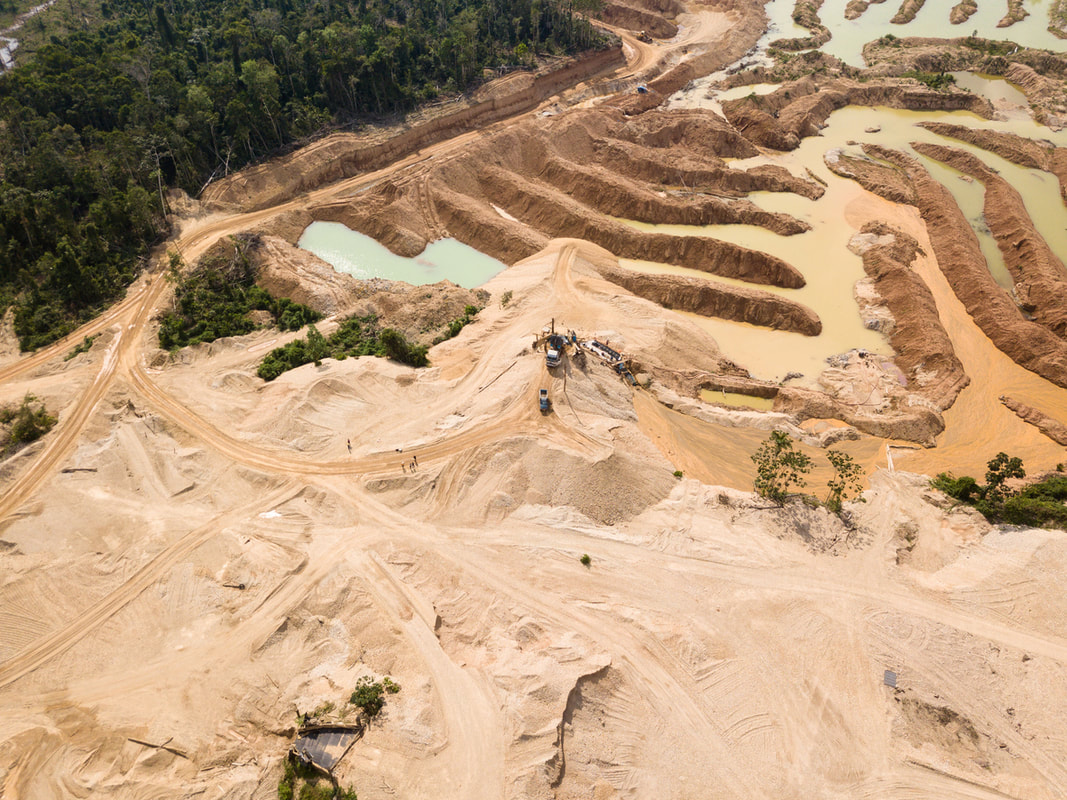
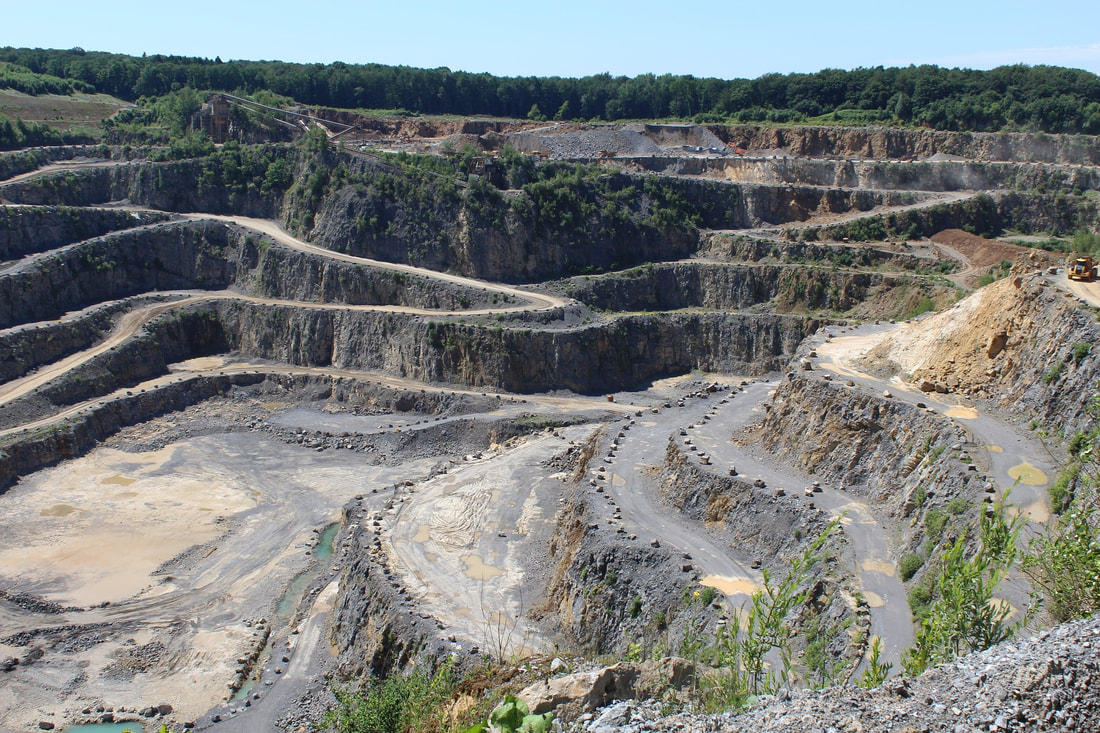
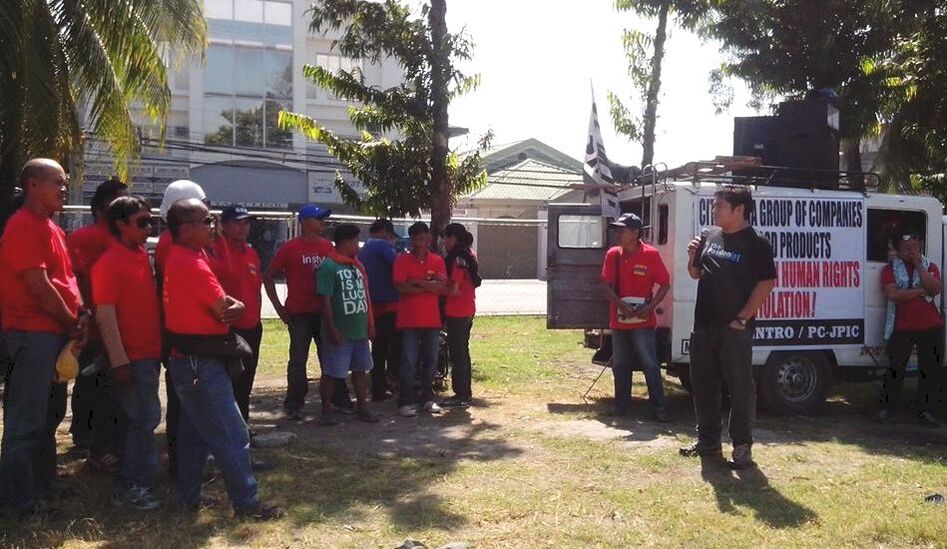
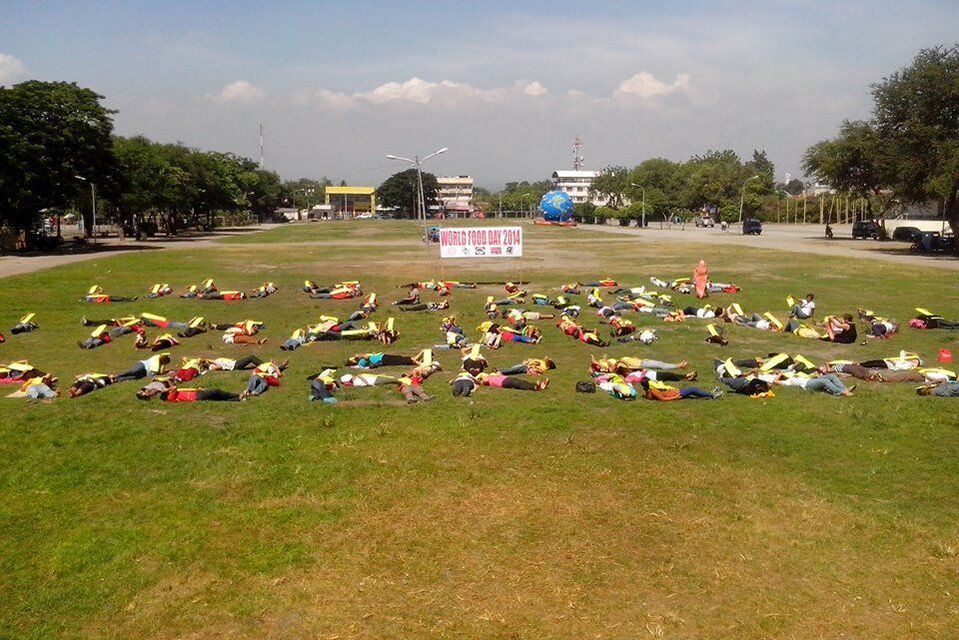
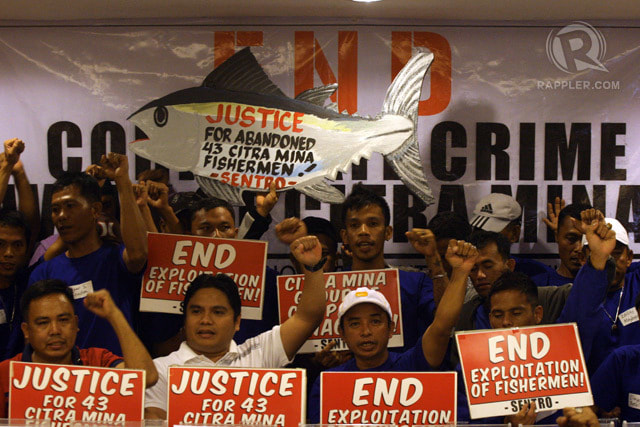
 RSS Feed
RSS Feed